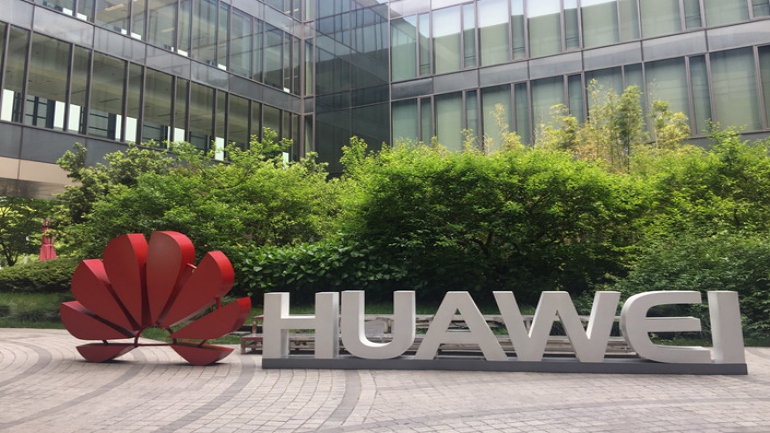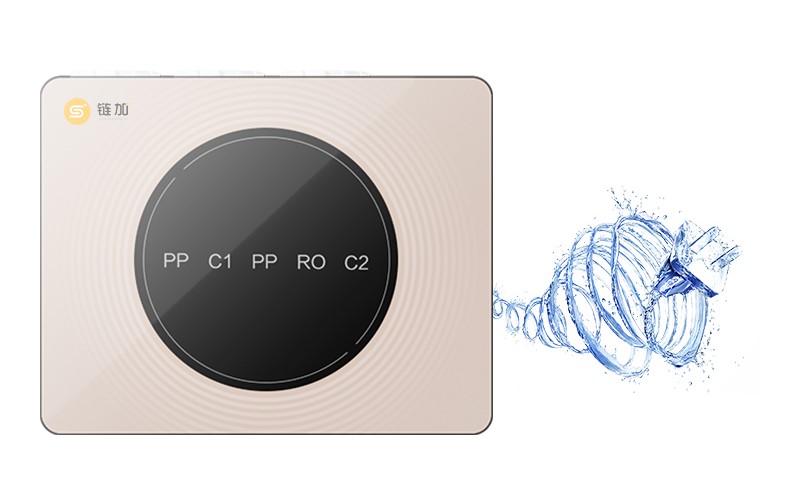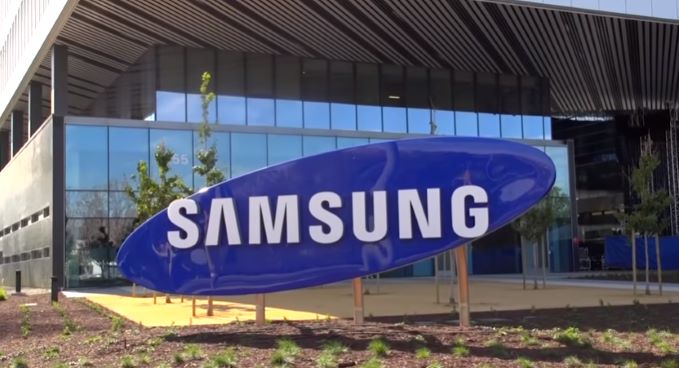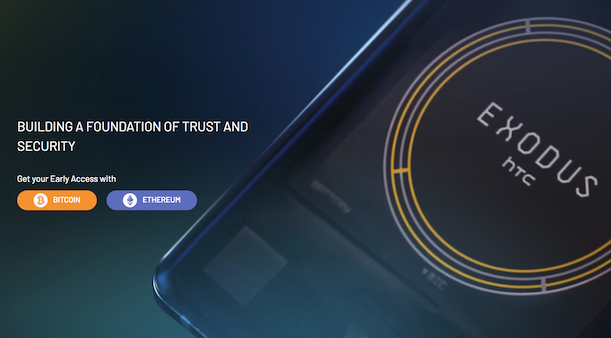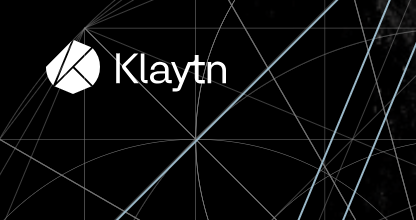China’s Huawei Technologies has launched new database and storage products with the aim of redefining its data infrastructure and strengthening the global presence of its cloud business. The world’s first AI-native database GaussDB supports differentiated scenarios such as private and public clouds and data services in the finance, internet, logistics and automotive sectors. Huawei’s FusionStorage 8.0 is claimed to be the industry’s best-performing distributed storage solution for supporting enterprise applications. “Humanity is entering the age of an intelligent world,” said David Wang, Huawei Executive Director of the Board and President of ICT Strategy and Marketing. “Data is the new factor of production, and intelligence the new productivity. Heterogeneous, intelligent, and converged databases will become the key data infrastructure of the financial, government, and telecoms industries.” With this new database management product, the Shenzhen-based company marks its official entry into the database field and places itself in direct competition with…
The accomplished blockchain technologies company PeerStream, Inc. has joined the partnership of Telefonica’s cybersecurity unit ElevenPaths and decentralized hardware-based cybersecurity leader Rivetz, to work cooperatively on next-generation zero trust architectures, and offer privacy and security protection for business communications. Alex Harrington, CEO of PeerStream, said: “We are excited to collaborate with such esteemed partners to build groundbreaking software that has the potential to deliver real value for a large worldwide client base. We are honored to join ElevenPaths and Rivetz in this common vision.” PeerStream is focusing on privacy and security improvements and the development of enterprise-grade communications software that is being readied to enter the market under the Backchannel brand. Backchannel incorporates a growing suite of software tools created to control secure, real-time data and messaging channels, including support for video streaming. The company’s decentralized network routing technology may operate on either blockchain or traditional distributed architectures. …
China Mobile, one of the largest state-owned telecommunications companies in that country, has designed a water purifying device powered by blockchain, thus making an explicit statement that blockchain technology is not something extraneous and out of this world, but is a beneficial high-tech solution that may be advantageously applied to ordinary household appliances. The Product Market Director at China Mobile IoT, Xiao Yi, stated: “Our goal is to also attract those who are not in the cryptocurrency or blockchain community, who may have heard of this technology but not necessarily understand it. To embrace a more mainstream adoption, we need to turn something that appears professional into something that’s very ordinary.” The Internet of Things (IoT) division within the company has developed a product with a built-in computing chip and an IoT module. This innovative gadget collects applicable user data related to consumer behaviour habits and shares it…
Samsung phone fans are eagerly looking forward to the upcoming release of Samsung’s Galaxy S10 trio, including the top of the range model – the Galaxy S10 Plus. The new smartphone series is expected to be put on display for the first time at the Mobile World Congress 2019 in Barcelona next month. As we get closer to that expo date, additional details of this high-end smartphone are being revealed. Vision – Dynamic, Private, Detect The expectations are set high with three new trademarks applicable to these phones – Dynamic Vision, Private Vision and Detect Vision, which Samsung Electronics submitted for patents at the Korean Intellectual Property Office (KIPO) last December. The company is working hard on biometrics and eye movement control for the S10 series, and the advanced technology of the camera makes it possible to record videos at a speed up to 2000 frames per second. Three…
We are rapidly evolving into a digital and decentralized society, where private keys on mobile devices will play a critical and indispensable role in ensuring the safety of our daily transactions and securing our digital identities. FIX Network are aiming to revolutionize the blockchain and cellular industries by providing mobile device users with innovative key holder and transaction security, coupled with a practical user experience. The underlying technology for securing the user’s private keys are the SIM cards used by mobile operators, enabled by the FIX Network open-source STK residing on those SIM cards. This standard SIM hardware, together with blockchain- powered, distributed policy engines that govern end-user transactions, form the architectural backbone of the FIX Network security solution. This solution introduces the concept of a pool of SIM cards, enhancing security, and at the same time, eliminating the possibility of a single point of failure. Multiple SIM…
The global telecom giants are increasingly acknowledging the benefits of blockchain technology. Telefonica, a Spanish multinational telecommunications company, has signed a partnership with IBM, a leader in open-source blockchain solutions, to employ IBM blockchain technology for superior administration of international call traffic. Telefonica expects that the usage of the cloud-based IBM Blockchain Platform will help to improve the traceability of international call data, such as the origin of the call, its destination and duration. They will be able to detect fraud and address other challenges caused by the use of different networks and operators when routing international calls. Operators will have permissioned access to a decentralized platform, and perform real-time tracing of calls to achieve accurate billing processes. “This project is one of our first initiatives to secure real benefits from the adoption of blockchain in our core business. We believe that the new paradigm of process decentralization…
The Asian electronics manufacturer HTC has officially announced the pre-order of a product creating the latest buzz in the crypto world – their blockchain-enabled smartphone called Exodus 1. According to the Exodus website, the smartphone can only be purchased in cryptocurrency – for 0.15 Bitcoin or 4.78 Ethereum – which, at the moment, converts to around 960 US dollars. The expected shipping date is December 2018, making the Exodus phone the perfect end of year gift for blockchain enthusiasts. The new smartphone will have a 6 inch Quad HD+ display, 16 MP dual rear and 8 MP dual front cameras, a Qualcomm Snapdragon 845 processor, 6 GB of RAM and 128 GB of internal storage. Yet these usual specifications are not what makes this phone unique. The intriguing blockchain side of the phone will include a hardware cryptocurrency wallet called Zion, which was developed by HTC. To keep…
Grand X, a subsidiary of the leading South Korean mobile operator Kakao, has unveiled the test version of their blockchain platform called Klaytn. At the moment, the testnet version of this service-centered blockchain platform has only been offered to 10 partners of Kakako, along with a publicly available whitepaper to outline the network potential and capabilities. If all goes well, the mainnet version of the network is expected to be launched in the first quarter of 2019. According to the information in Klaytn’s whitepaper, this network focuses on a seamless user experience for all parties, including developers and end users. “The popularization of blockchain requires providing a practical blockchain service for mass adoption thereby validating the value and utility of blockchain technology. To achieve this, Ground X has designed Klaytn that can provide an easy and friendly environment for end users, service providers and developers all at…
Earlier this week, a leading IT solutions provider Tech Mahindra, announced its partnership with Microsoft to build a blockchain-based robust ecosystem meant to tackle unsolicited commercial communications in India. This blockchain solution will be developed based on Microsoft Azure, and will comply with the regulations issued by the Telecom Regulatory Authority of India (TRAI). TRAI has been working with both these companies and other stakeholders to curb the profusion of spam calls and messages so widely spread across the country. While the initial step of introducing a “Do Not Disturb” registry in 2010 seems to be a success with 230 million listed subscribers, the telemarketers still manage to find fraudulent workarounds to obtain consent and continue delivering spam calls. “Blockchain as a technology is a powerful tool to combat the issue of spam calls and fraud risks, to protect user information, as well as the integrity of the telecom sector.…
The South Korean mobile carrier, KT (formerly Korea Telecom) has unveiled the world’s first blockchain-based commercial network, as reported by the Korean Herald. The telecom giant has implemented a blockchain layer on top of their ultra-speed nationwide commercial network to ensure maximum security and transparency for retail and business users. “Public blockchains have low processing speed and capacity, while private blockchains have low transparency. By applying blockchain onto our ultra-fast network, we have overcome both obstacles,” commented the head of the Blockchain Center at KT’s Institute of Convergence Technology, Seo Yeong-il. The mobile carrier expects to achieve the impressive number of 100 000 transactions per second by the end of 2019, while their current blockchain network capability is 2500 transactions per second. Furthermore, KT has already implemented this disruptive technology in their user identification process, eliminating the need for personal IDs and passwords. The company is also working closely with…



